 WhatsApp
WhatsApp
 Call Us
Call Us
 Email Us
Email Us
 Whatsapp Community
Whatsapp Community

Are you planning to leave Canada and wondering what it means for your taxes? Here’s a comprehensive guide to help you understand your obligations as a resident moving out of Canada.
You are generally considered an emigrant if you leave Canada to live in another country and sever your residential ties. These include:
By severing these ties and establishing a permanent home abroad, you are no longer considered a resident for tax purposes.
If you keep significant residential ties in Canada, such as a home or close family, you might be classified as a factual resident. However, if you're a resident of another country with a tax treaty with Canada, you could be deemed a non-resident for tax purposes.
You typically become a non-resident for income tax purposes on the latest of these dates:
Notify Canadian financial institutions and any payers that you are no longer a Canadian resident. This will help avoid complications with Canadian tax obligations.
Yes, you may need to file a tax return if:
When you leave Canada, certain properties, such as shares, jewelry, and collections, are considered sold at their fair market value, even if you haven’t sold them. This is known as a deemed disposition, and any capital gain from this must be reported.
Use the tax package for the province or territory where you resided before departure. Ensure to enter the date of departure on page 1 of your return under the "Residence Information" section. If you have a spouse or common-law partner, report their net world income for the period they were a Canadian resident.
For the part of the year when you were a resident, you must report your world income (all income from inside and outside of Canada). For the non-resident portion of the year, you only report Canadian-source income. Some income may be subject to non-resident withholding tax.
You can claim most deductions for the part of the year when you were a Canadian resident. However, moving expenses for leaving Canada are not deductible unless you're leaving to pursue full-time studies abroad with a taxable Canadian scholarship or grant.
You can keep your Tax-Free Savings Account (TFSA) but cannot contribute to it as a non-resident. Contributions made while non-resident may be subject to penalties. For the Home Buyers' Plan (HBP) or Lifelong Learning Plan (LLP), special rules apply when you leave Canada, so review them on the CRA website.
Generally, non-residents are no longer eligible for benefits like the GST/HST credit or the Canada Child Benefit (CCB). If you receive these after leaving, contact the CRA to stop the payments.
If you later return to Canada and re-establish significant residential ties, you will become a resident again for tax purposes.
If you continue to receive Canadian income (like pensions) after leaving, the payer will withhold non-resident tax. However, under Section 217, you can elect to file a Canadian tax return to potentially lower your taxes on that income.
To calculate your tax and credits, complete your tax return and the corresponding provincial form for where you last resided. You may also need to include Form RC381 if you were living in Quebec before leaving.
Understanding your tax obligations as you leave Canada is crucial to avoid penalties or misreporting. Ensure you sever residential ties, notify Canadian financial institutions, and file any necessary tax returns for the year you leave. Consider consulting a tax professional for personalized advice tailored to your situation.
This blog provides general information and should not be considered as legal or tax advice. For personal assistance, contact Dinesh Aarjav & Associates.
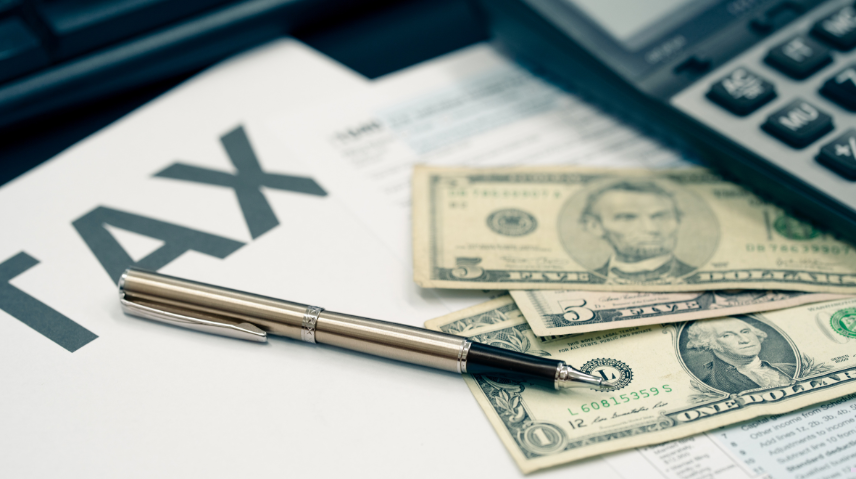

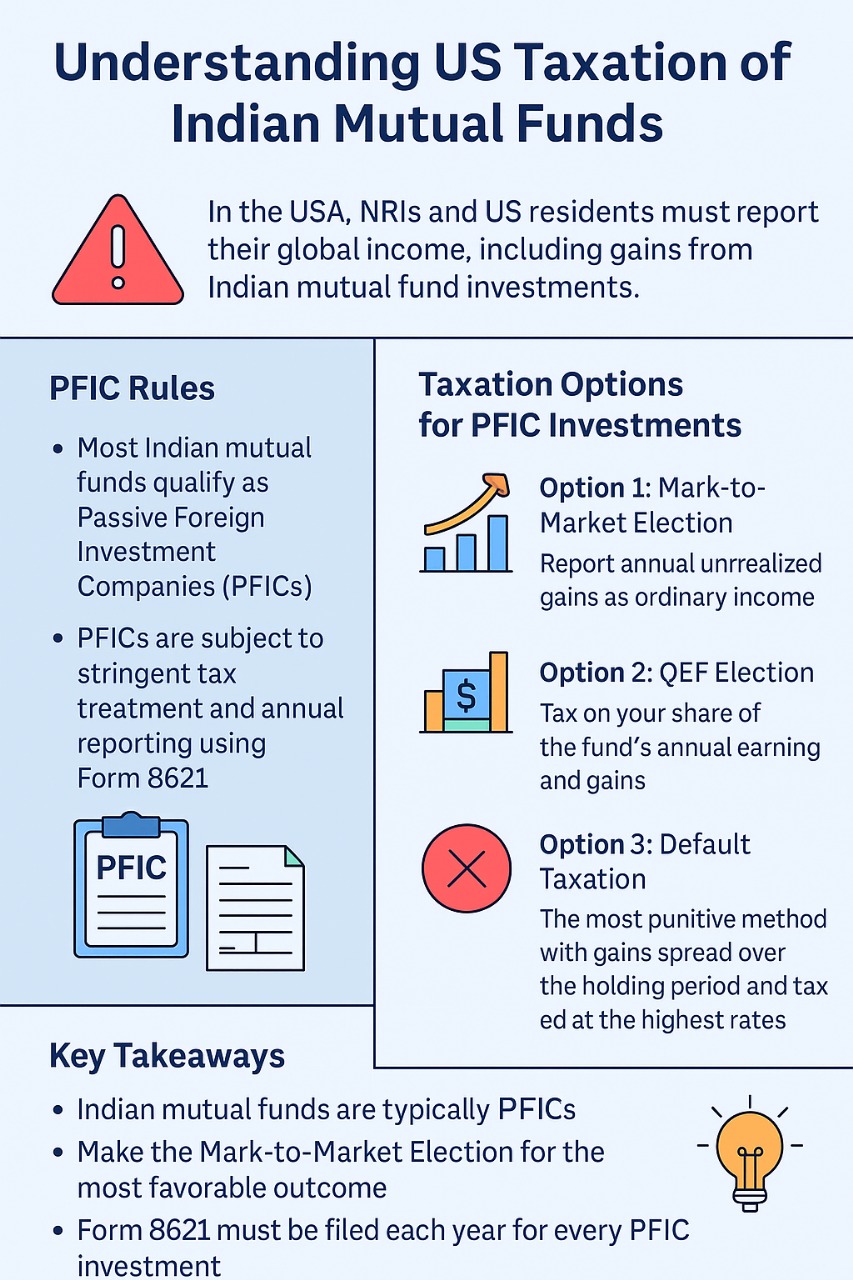
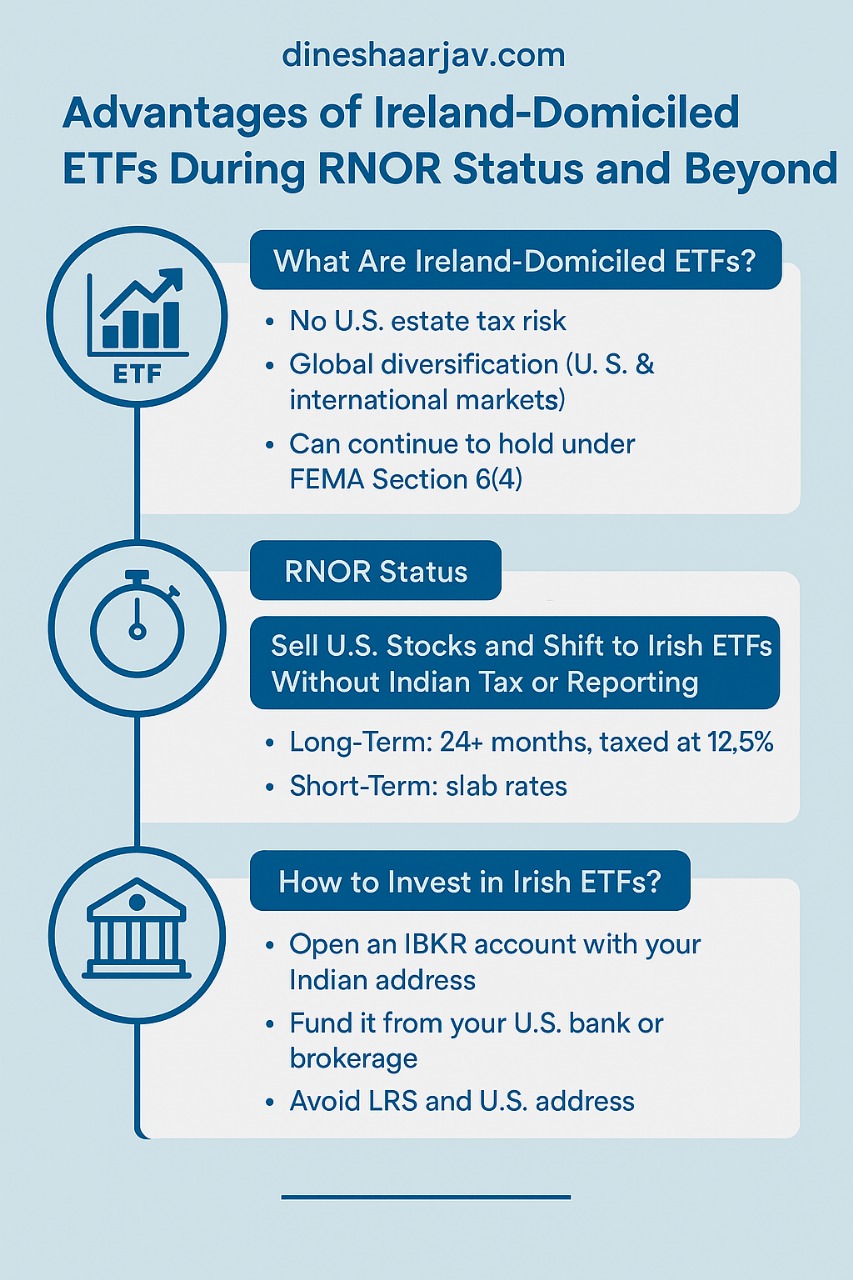
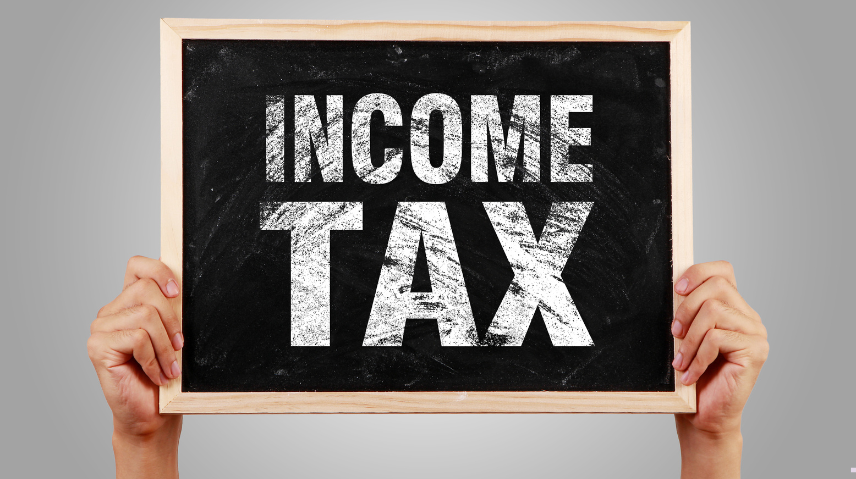

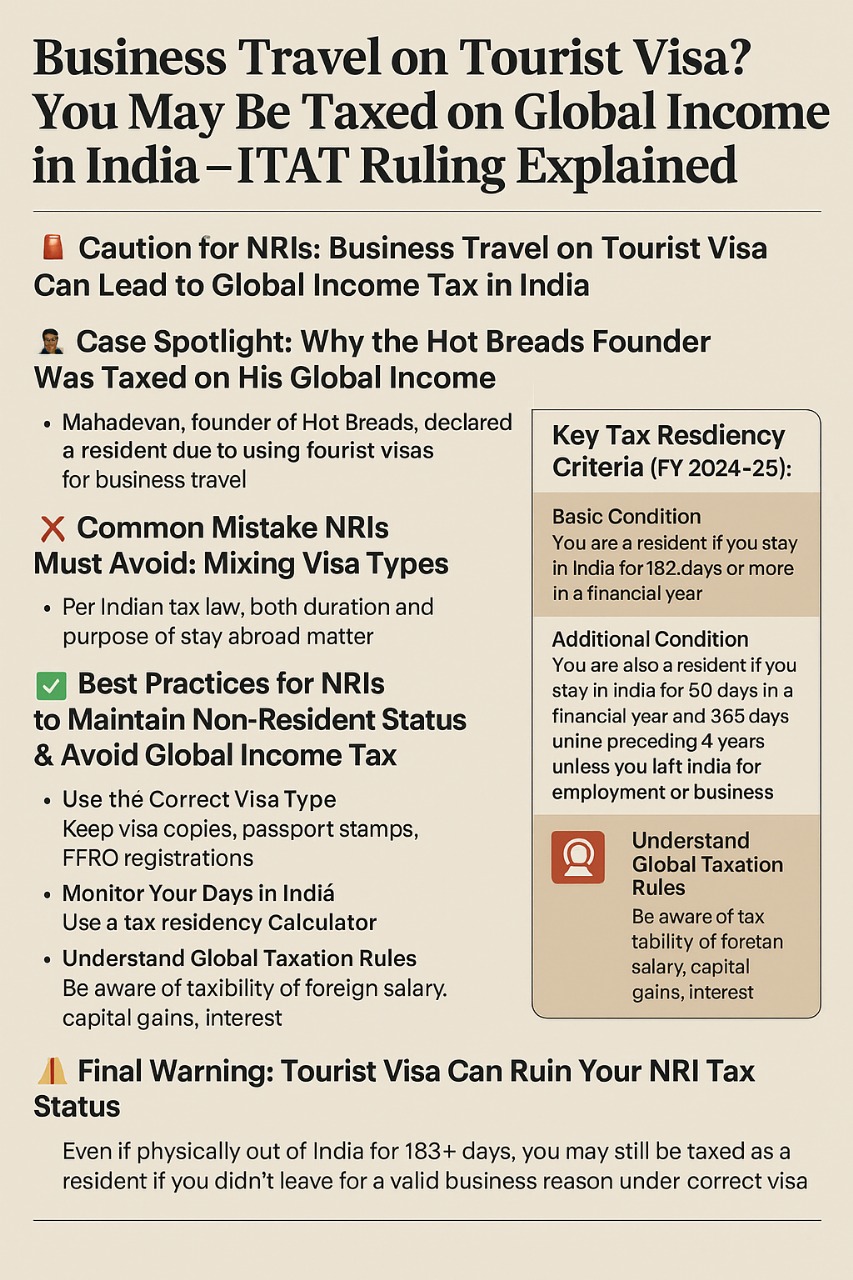
Stay in the loop, subscribe to our newsletter and unlock a world of exclusive updates, insights, and offers delivered straight to your inbox.